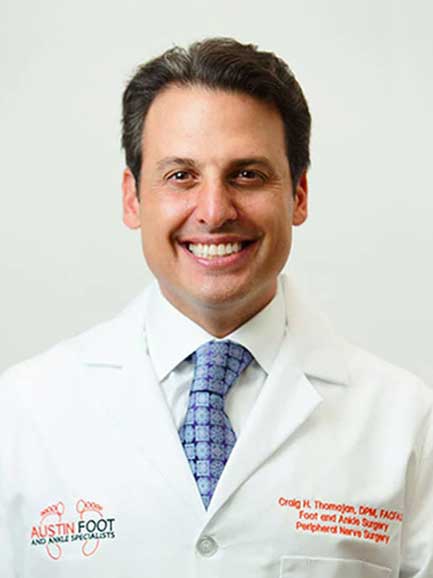When you get brand new dollar bills from the bank they are crisp and tight, but the ones you get back in change from the store are probably not going to be in the same condition. They are more likely to be wrinkled, cracked, and torn. This is similar to different states of the skin on your feet and heels. As you get older, your skin is more prone to being cracked, but aging is only one of the causes of heel fissures. Regardless of why they happen, there are various methods of preventing and treating heel fissures.
Symptoms and Causes to Note
When it comes to cracked heels, dryness and itchiness are predominant symptoms. When your skin is dry, it is more likely to become damaged and sustain minor rips and tears on the surface that ultimately become fissures. Other symptoms of this particular condition include flaky, peeling skin that is typically white-colored. As you walk on fissured heels, the pressure will cause further splitting and result in open sores and painful heels.
There are a variety of causes of heel fissures:- As you age and become older, your skin starts to lose its natural elasticity, including in your heels.
- Obesity or significant weight gain means that you put more pressure on your heels, but the heel also has to expand with increased weight and this leads to additional cracking.
- Various medical conditions, including athlete’s foot and diabetes, can contribute to this condition. Diabetes, in particular, may also come with circulation problems that leave the skin in your feet malnourished and dry.
- Spending too many hours during the day either walking or standing places an immense amount of total pressure on your feet.
- Skin disorders, such as psoriasis or eczema, can be a potential culprit behind overly dry skin.
- Poor-fitting footwear, either too tight or too loose, can chafe the skin and create the initial damage needed to escalate into dry, cracked heels.
- One of the more overlooked causes of heel fissures is nutritional deficiencies.
Some of the root causes for heel fissures are medical issues that are quite serious in nature, like diabetes and poor circulation, so it is important to make an appointment with the experts at Austin Foot and Ankle Specialists when you experience this condition.
Treating Heel Fissures
There are simple home remedies and lifestyle changes that can lead to a successful reversal for most cases of cracked heels. Before attempting any of these treatments, check with Dr. Craig H. Thomajan DPM, FACFAS to ensure that your heel fissures are not symptomatic of a greater issue. If there is a serious medical concern, we will set you up with an appropriate treatment plan right away.
With doctor approval, you can decrease the flaky, thick layer of skin by gently using a pumice stone daily. When you do this, keep in mind that this process will take time and not be accomplished in one sitting.
Start by soaking your feet in warm water for about 20 minutes to soften the skin. Then use the pumice stone to slough off dead, dry skin cells, pat your feet completely dry, and apply moisturizer to the affected area. Put your feet up for 15 minutes and let the moisturizer absorb into the skin before putting on a thick pair of socks and then leaving them on overnight.
Prevention Is Better Than Treatment
It is better to prevent this issue on the front end than have to treat it. Nutritional deficiencies can play a role in cracked heels, so be sure to eat a well-balanced diet that incorporates such nutrients as iron, calcium, Omega 3 fatty acids, zinc, and vitamin E. Other prevention measures include soaking your feet a couple of times per week, using moisturizer, and exercising regularly to promote healthy circulation.
Are You Looking for a Skin and Nails Expert in Austin, TX?
If you are looking for skin and nail care, you should reach out to an experienced podiatrist. Austin Foot and Ankle Specialists can help. Our office provides a wide variety of advanced, effective treatment options for all kinds of painful conditions. Ready to schedule an appointment? Contact us online or call our Austin office at 512.328.8900.

